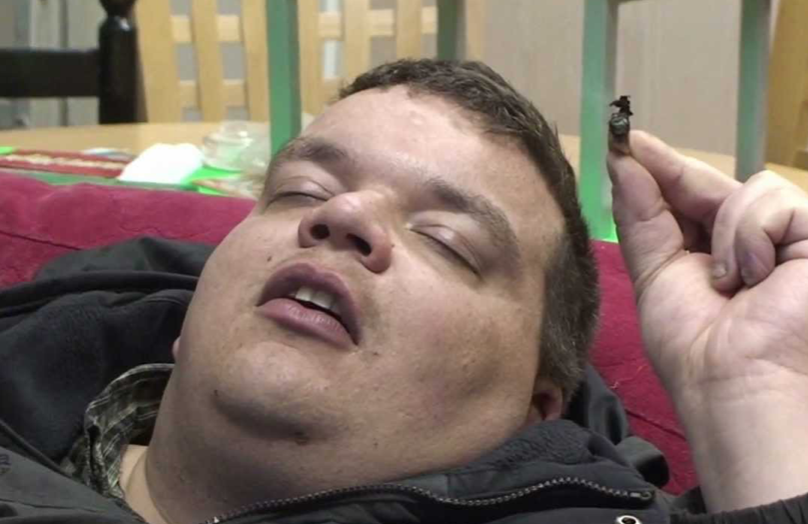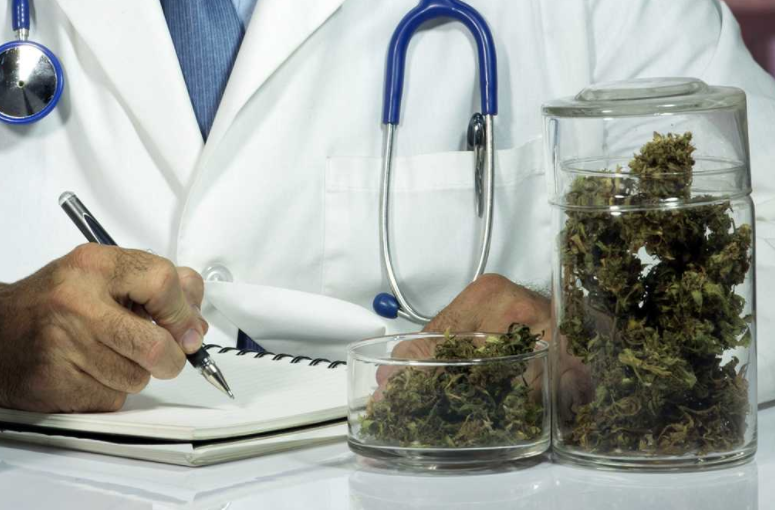I have never been a fan of states getting too far ahead of the federal government on drug policy.
Yes, I want to push the legalization agenda forward and I believe all drugs (not just cannabis) should be legal. However, we live in a country with both state and federal laws, and federal agencies like the DEA have significant power over citizens everywhere.
With President Obama in office, and the expectation that President Hillary Clinton would be next, it was frustrating that the feds had not moved the ball forward on cannabis, but not too much of an issue since the states seemed to be doing their part. The Cole and Ogden memos gave cannabis entrepreneurs some comfort that they at least would not be arrested (assuming they were following all local laws). That said, there were still exceptions to this with people getting harassed by the DEA, sometimes seemingly without good cause or reason.
Moreover, it did appear that at least on medical cannabis, there was a growing sense of acknowledgement by members of congress, the medical establishment and others of the plant’s medicinal benefits. This summer the DEA even considered rescheduling cannabis from its ludicrous classification as a Schedule I drug, which states there are no benefits at all, medicinal or otherwise. Unfortunately, that did not happen.
Proposition 64 was passed with strong support from California voters, choosing to make it legal for anybody over the age of 21 to consume cannabis for recreational purposes. This brings the total to eight states that now have recreational cannabis laws passed, if not yet implemented.
How Things Have Changed
In just a few short weeks, the world looks very different as we sit in California looking east to Washington DC, wondering what might be coming our way.
President Elect Trump, has stated that he supports medical cannabis and believes it’s an issue for the states to decide, but his nomination of Senator Jeff Sessions has many in the industry reeling. The Senator’s opinion on cannabis seems more in line with that of the late Nancy Reagan than Mr. Trumps. He considers cannabis a gateway drug (which has widely been refuted now), and has stated as recently as April 2016 that “good people don’t smoke marijuana.”.
Without being alarmist before Mr. Trump has even taken office, it’s important to understand that – assuming his nomination is confirmed – Senator Sessions, as the country’s most senior law enforcement official will oversee the considerable resources of the DEA and have federal law on his side. If he were to follow his instincts, with nothing more than a simple instruction the DEA could begin arresting people across the nation at will and dragging them into federal court. This includes growers, retailers, delivery services, technology companies and anyone else involved in supporting the industry. Even investors, lawyers and accountants could be charged with aiding and abetting the illegal distribution and sale of a Schedule I controlled substance, in some cases putting their professional licenses at risk.
How Likely is This to Happen?
The frustrating answer to this is, nobody has any idea at the moment. All we have to go on is what these two gentlemen have stated publicly. Since Mr. Trump will be President, one would hope that his opinions on medical and states’ rights would determine policy, and he does appear to be somewhat of an autocratic leader. Additionally, there are a lot of policy proposals he must deliver on, and cracking down on the cannabis industry would not seem to be one of them. So perhaps Trump and his Attorney General will be too busy with things like illegal immigration to spend any time on cannabis in the imminent future, at least for a time.
On the other hand, it’s not like the law needs to change, or resources appropriated to initiate a crackdown. The DEA makes it their business to go after drug offenders and I suspect that the ‘hands off’ approach of the Obama administration has been a period of frustration for them in this regard.
Medical vs. Recreational
If there is a compromise to be found between state lawmakers and the federal government, it’s likely in the distinction between medicinal and recreational use. While one can argue whether all use is medicinal (as some do), where states have passed specific laws billed as ‘recreational use’ it’s a distinction like to fall on deaf ears at the federal level.

Senator Sessions is unlikely to like this guy.
More to the point, resistance is unlikely to be through the courts (since it’s already illegal) but more likely to come from the DEA arresting people. One would assume that that the first targets on the list to be charged would be those oriented around recreational use rather than medicinal (nothing more than an assumption). At least in California we have 20 years of medicinal history to point to, whereas recreational cannabis has yet to be implemented.
States with strong medical programs, product manufacturers with medically oriented positioning, and retailers focused on the needs of legitimate medical patients are likely in a better position than those clearly oriented to the needs of recreational users.

A less offensive image for those at the DEA
I would like to emphasize that this is nothing more than an assumption, since both medical and recreational use of cannabis are equally illegal in the eyes of the federal government. There is so much uncertainty now, it’s very difficult to predict what will transpire over the next four years.
Others may disagree, but my advice for those in the cannabis industry, is to consider taking a small pause on any plans for recreational cannabis use, allow the new administration to take office and see how things look after the first quarter of 2017. If there is no change in federal policy, there will be time before January 2018 (when California’s law takes effect) to deliver on plans for a recreational market. If on the other hand it becomes clear that the DEA is going to start reasserting itself, I would not want to be one of the most visible, recreational cannabis vendors for the DEA to make an example of.






